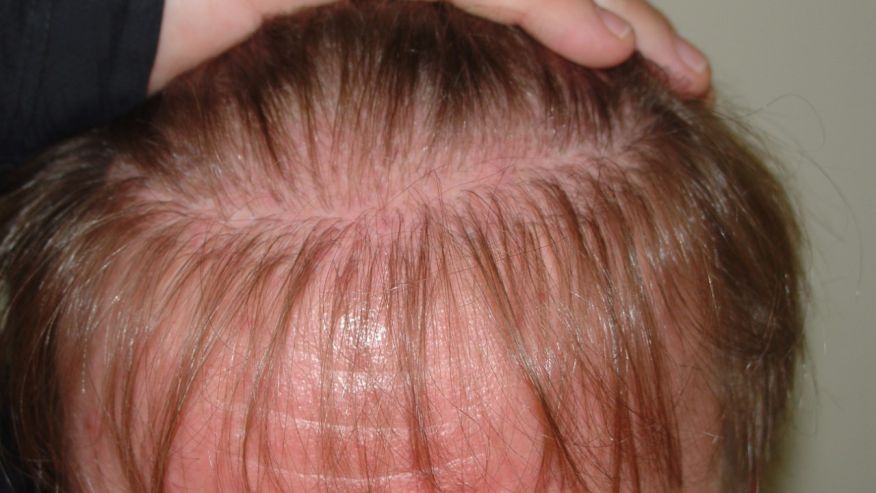Modern medicine and healthcare have made living long lives a very real possibility. While most of the methods used depend on medical or surgical procedures, experts suggest that leading a healthy lifestyle plays a key role in helping you live a long life.
And this is where the Blue Zones diet comes in. Recent research has shown that adopting the lifestyle habits of those who live in the “Blue Zones” will help you extend your life beyond the age of 100 years. How exactly does this lifestyle system work? Let’s find out.

Representational image. Image source: Getty Images.
What are the Blue Zones?
In 2005, Dan Buettner did a cover story, Secrets of Long Life, for the National Geographic Magazine’s November edition, where he described how the centenarians (those who have lived beyond the age of 100 years) of the world lived, where they were located, what they ate, and how they were able to elongate their lives.
The story inevitably captured the imagination of people, and in 2006 Buettner and a team of demographers, scientists and anthropologists conducted deeper research into the specific regions (or zones) where the highest percentage of centenarians live. These zones are:
- Loma Linda, California, USA
- Nicoya, Costa Rica
- Sardinia, Italy
- Ikaria, Greece
- Okinawa, Japan
The Power 9 rule
Despite the huge geographical and cultural differences between each of these zones, the researchers noticed nine common denominators and lifestyle characteristics that the residents of these zones shared. These characteristics were then named the Power 9 and are listed as follows:
1. Move naturally
You might think strenuous or mindful workouts in the gym multiple times a week or training for or running marathons might contribute to a long lifespan, but the people of the Blue Zones do none of these. They just live in environments where movement or activity is constant. Unlike the sedentary, desk-bound professional lives the rest of the world lives, most centenarians engage in jobs like gardening, housework or working outdoors in other ways. They do not use mechanical or electronic conveniences that cut out the natural movements of the body.
2. Purpose
Why do you wake up in the morning? Do you have a sense of purpose? You might think these are spiritual questions that have nothing to do with living a long life, but the residents of the Blue Zones disagree. “Knowing your sense of purpose is worth up to 7 years of extra life expectancy,” Buettner wrote in his report published in the American Journal of Lifestyle Medicine in 2016. Take a page out of the book of those who have lived beyond 100, find your purpose in life and work towards it.
3. Downshift
You might not realise it while you are busy worrying incessantly about that target or deadline at work, the disputes in your personal life, or the larger goals in life that you are unable to achieve – but stress does not add to your life, and it definitely does take away valuable years. It’s not that people in the Blue Zones don’t experience stress. They do. But they take a downshift or some time to shed off that stress effectively. “Okinawans take a few moments each day to remember their ancestors; Adventists pray; Ikarians take a nap; and Sardinians do happy hour,” Buettner wrote.
4. 80% Rule
Gluttony is actually very harmful to your health – and not because it’s a “sin”. People in the Blue Zones believe in the 80% rule, and it has clearly served them well in living long lives. “Hara hachi bu – the Okinawan 2500-year old Confucian mantra said before meals – reminds them to stop eating when their stomachs are 80% full,” Buettner wrote. “The 20% gap between not being hungry and feeling full could be the difference between losing weight or gaining it.” So, stop before you overstuff yourself, cut back till about 80% and you won’t just avoid weight gain – you might even end up living longer.
5. Plant slant
What do centenarians from all the Blue Zones definitely eat, despite the huge difference in the local foods available to them? “Beans, including fava, black, soy, and lentils,” Buettner wrote. Eating plant-based meals most of the time does not mean that you must stop eating meat though. In fact, the people from the Blue Zones aren’t necessarily vegetarian. They eat meat, including pork, but only 5 times per month on an average. The focus should be on more plant intake rather than meat intake.
6. Wine @ 5
Here’s some good news for fans of red wine: drinking one or two glasses of red wine, specifically Sardinian Connonau, in the company of good friends and good food can help you live longer based on the evidence gathered from the Blue Zones population. “People in all Blue Zones (except Adventists) drink alcohol moderately and regularly. Moderate drinkers outlive non-drinkers,” Buettner wrote. As he said though, moderation is key. You cannot drink a weeks’ worth of alcohol in one go and expect it to do anything but harm.
7. Belong
Having faith can also add years to your life, Buettner’s research proves. “All but 5 of the 263 centenarians interviewed belonged to some faith-based community,” he wrote, while adding that “attending faith-based services 4 times per month will add 4 to 14 years of life expectancy.” It doesn’t matter what your specific faith or religion or belief-system is as long as you do have one and a community of fellow-believers who meet up to share the faith at least four times a month.
8. Loved ones first
Buettner wrote that putting family first also plays a role. He goes on to explain that keeping ageing parents and grandparents close (or living with them), having a life partner, and investing more time and love in your children actually helps elongate life. This has a lot to do with mental health and care because if you invest in your family you are more likely to be looked after and feel happy. It also reduces disease and mortality rates and can increase life expectancy.
9. Right tribe
Finding your tribe, or the right set of people who can provide lifelong support is apparently a big factor of longevity. Buettner wrote about how people in the Blue Zones are born into or maintain “social circles that supported healthy behaviours”. The presence of a social circle also seemed to keep vices like smoking away and promote happiness. Create and sustain a reaffirming group of lifelong friends, and you might just be able to fight depression, obesity and beat ageing.
As you can see, the Blue Zones Diet is more about changing your lifestyle rather than just focusing on food or exercise. It promotes a healthy and happy way of living which finally pushes back the time of death by decades when done right. If you can accomplish all the changes, maybe you too will live to be a centenarian.
[“source=firstpost”]



















